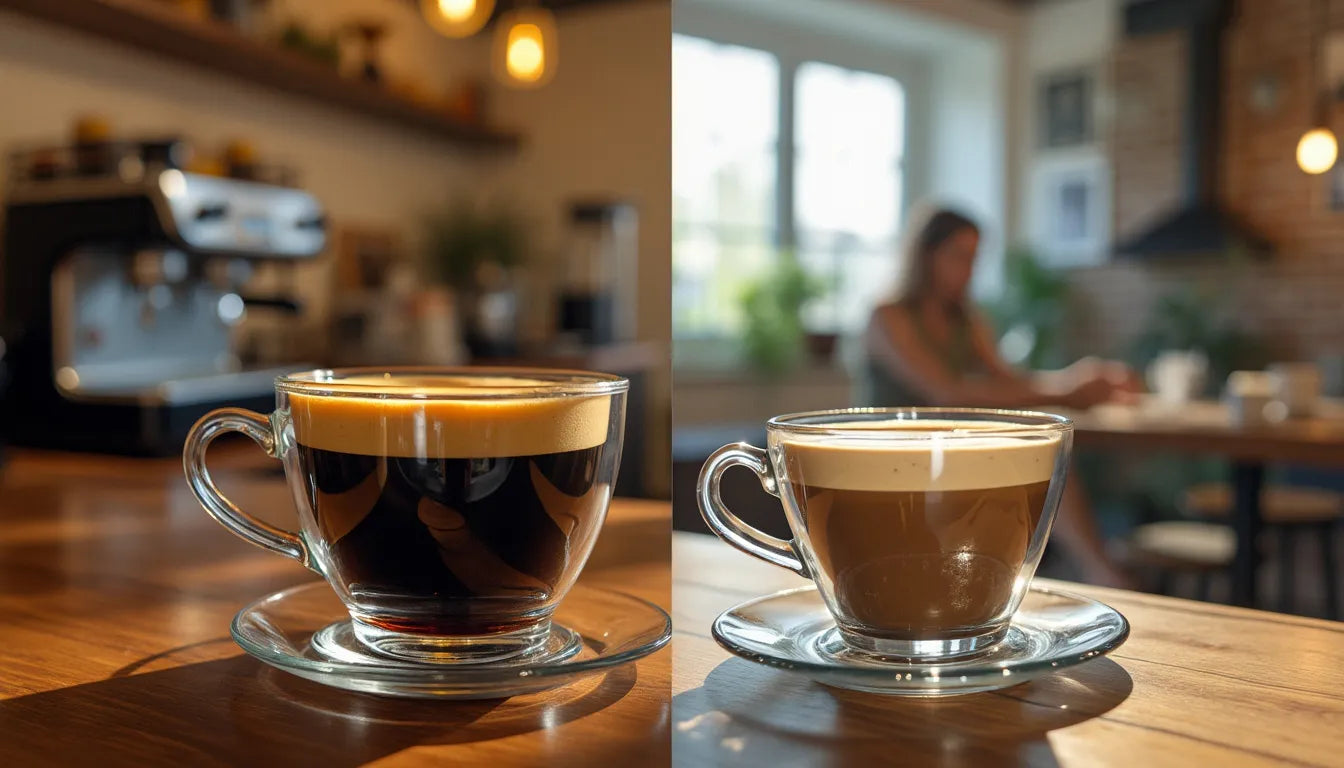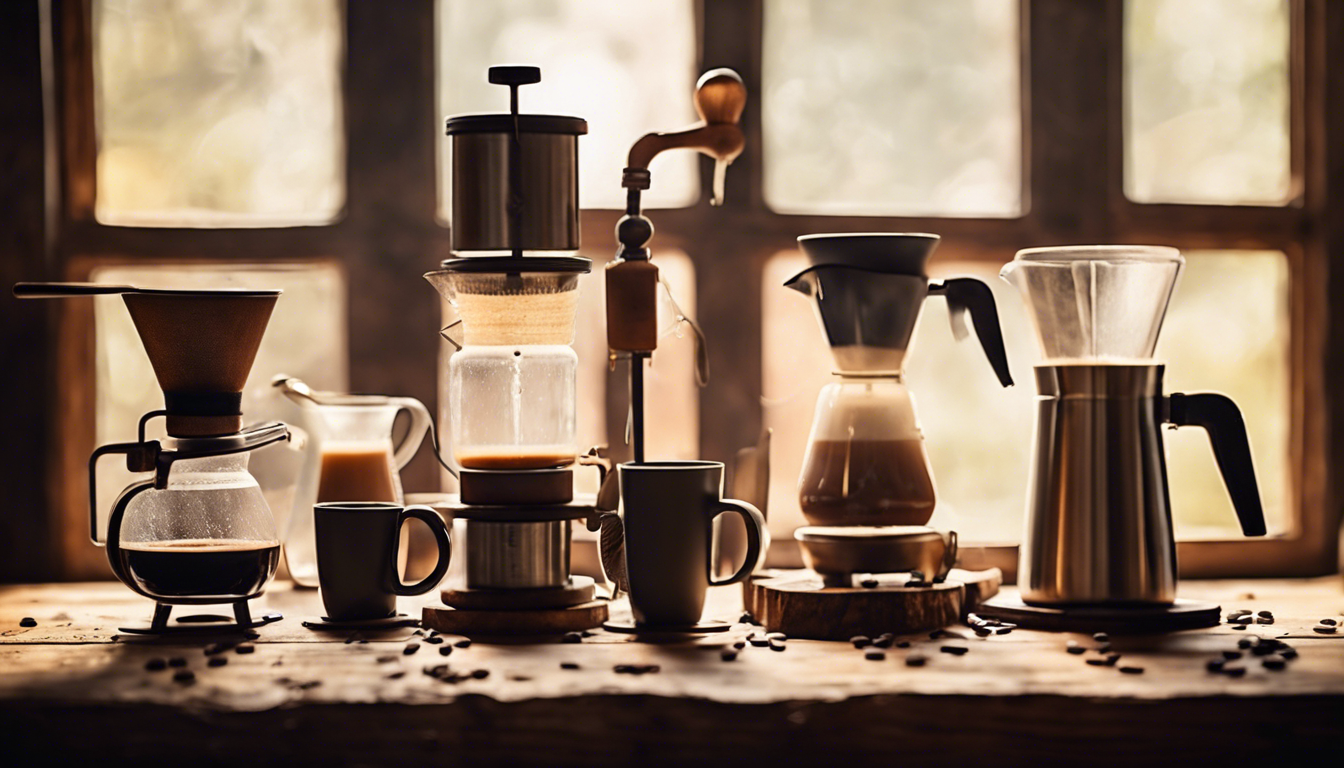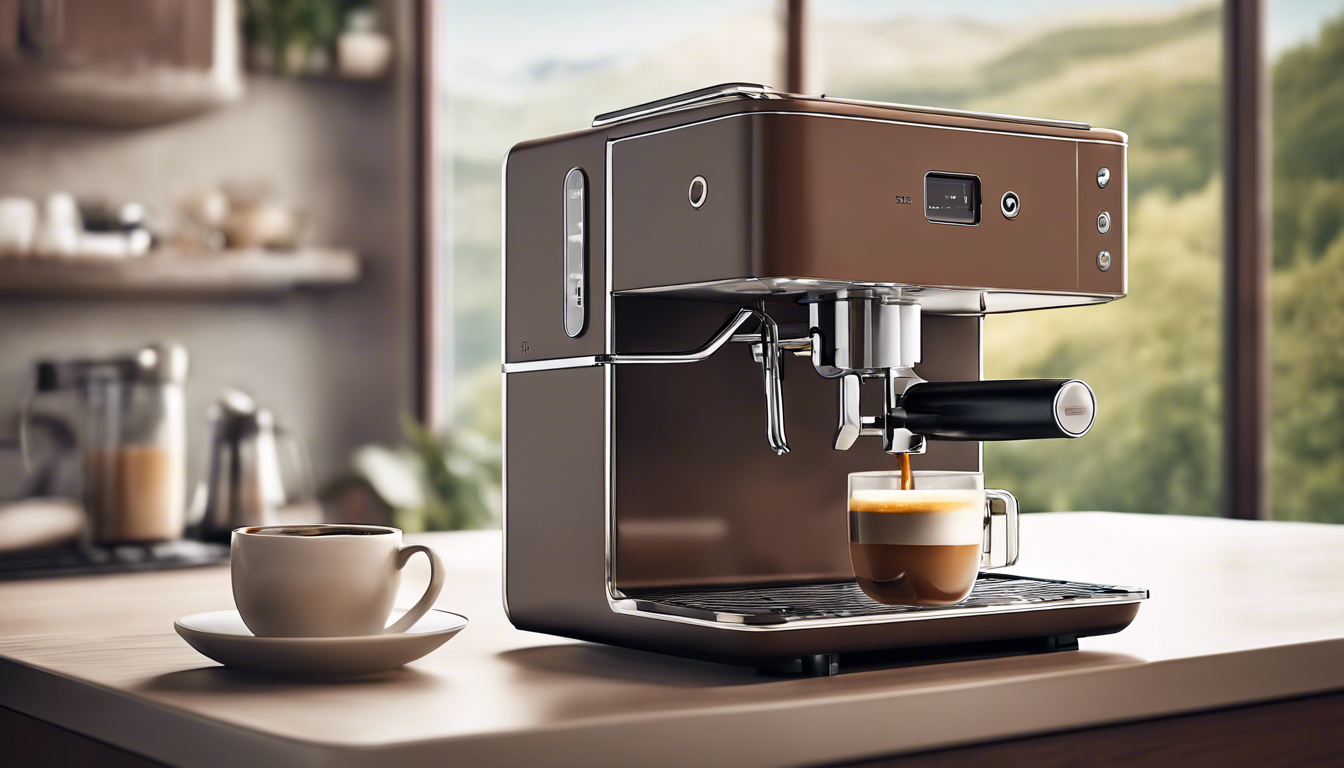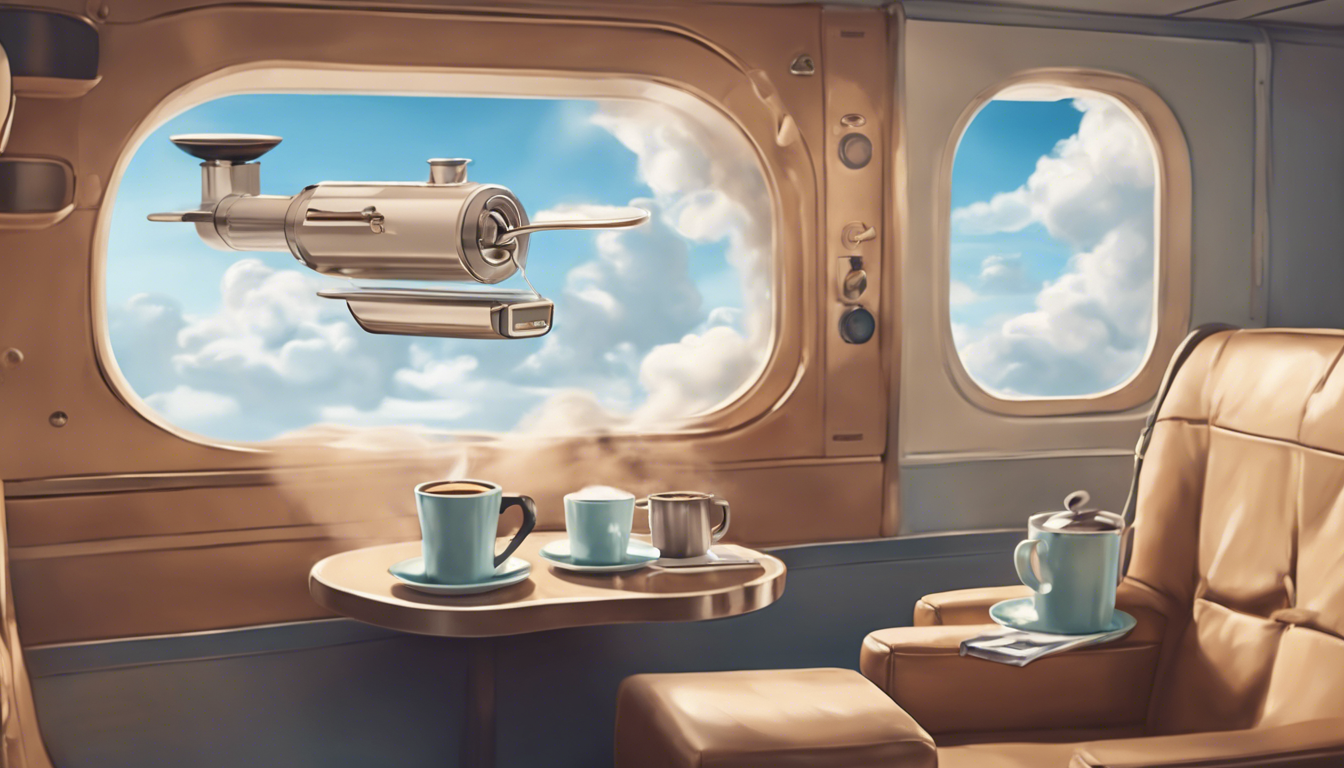Espresso vs Coffee: Understanding the Differences

Espresso vs Coffee: Understanding the Differences
Introduction
In the world of caffeinated beverages, the battle of Espresso vs Coffee is as old as time itself—or at least as old as the first groggy person discovered the magic of the coffee bean. Whether you're a die-hard espresso aficionado or a lover of a classic drip coffee, it's essential to understand the distinctions between these two beloved drinks.
Brewing Methods
Espresso
The art of brewing espresso involves forcing hot water through finely-ground coffee beans at high pressure. This method, typically carried out in a specialized espresso machine, yields a small but potent shot of coffee. The process takes about 25-30 seconds, and the result is a concentrated, rich, and creamy concoction topped with a signature layer of crema.
Coffee
In contrast, brewing regular coffee offers a multitude of methods, from drip coffee makers to French presses. However, the most common method involves pouring hot water over coarser ground coffee beans, allowing the water to extract flavors as it passes through the grounds. The typical brewing time ranges from 4 to 5 minutes, resulting in a milder and larger volume of coffee compared to espresso.
Flavor Profile
Espresso
Espresso is known for its intense and complex flavor profile, which stems from the high-pressure extraction process. Each sip is like a concentrated burst of robust flavors, often featuring a bold, slightly bitter taste with a rich, creamy texture.
Coffee
Coffee, on the other hand, typically offers a more subtle, rounded flavor experience. Depending on the brewing method and beans used, you might detect a broad spectrum of tastes—from fruity and floral notes to deep, chocolaty undertones.
Caffeine Content
Contrary to popular belief, a shot of espresso actually contains less caffeine than a standard cup of coffee when comparing volume-to-volume. While an ounce of espresso has about 64 milligrams of caffeine, an 8-ounce cup of coffee packs around 95 milligrams, making coffee the heavier hitter in terms of your daily caffeine fix.
Versatility
When it comes to versatility, espresso takes the crown. It's not just meant to be sipped straight—though it can be a delightful experience on its own. Espressos serve as the cornerstone for a myriad of popular coffeehouse creations, including cappuccinos, lattes, macchiatos, and Americanos.
Coffee, however, shines as a classic, straightforward beverage. You have your black coffee purists and those who enjoy dressing it up with cream, sugar, or flavored syrups. The choice is ultimately a matter of personal preference.
Conclusion
In the grand debate of Espresso vs Coffee, there's no one-size-fits-all answer. Each offers a unique experience, from the brewing process to the final sip. Espresso is for those who appreciate an intense, shorter drink with a potent flavor punch. Coffee is for those who enjoy a more leisurely, sustained coffee experience with varied flavor profiles.
So, why not have the best of both worlds? Stock your kitchen with a versatile coffee maker and an espresso machine, and let your taste buds decide which suits your mood. Happy brewing!




